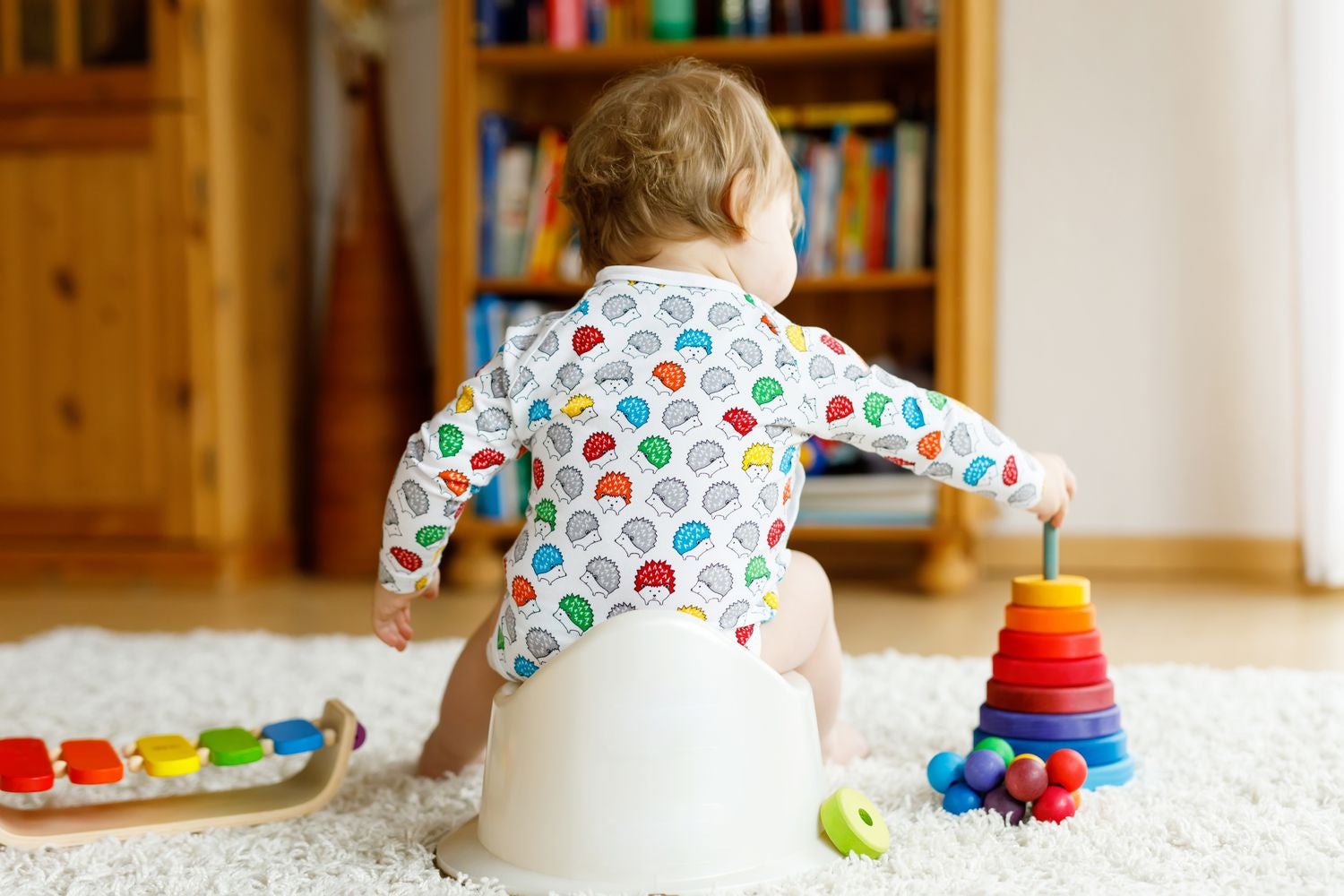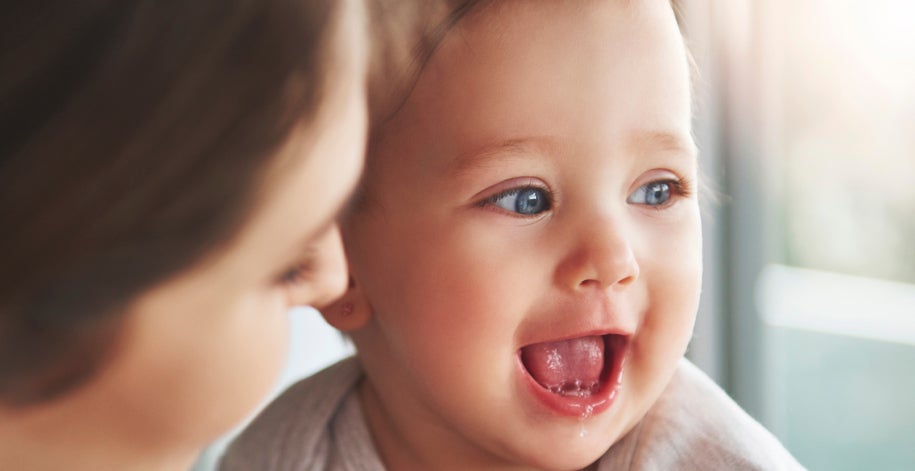The Diarrhea Dilemma
It is important to identify the cause before diarrhoea can be treated effectively, seek medical advice if you are unsure
Changes in colour, consistency, timing and odor of your toddler’s poo can be completely normal, depending on what your child has been eating or drinking. However diarrhoea means frequent, runny, watery poo and is no fun for anyone! Causes of diarrhoea can include:
- Coeliac Disease;
- Irritable Bowel Syndrome in older children;
- Allergy to foods;
- Intolerance to foods, E.g. lactose;
- Intestinal, bacterial, viral or parasitic infections;
- Side effects of some medications;
How can you help?
- Identify the cause: It is important to identify the cause of diarrhoea before it can be treated effectively. Your doctor can help you identify the cause if you are unsure and can refer you to a dietitian for a suitable balanced diet to help alleviate the symptoms of diarrhoea if needed.
- Prevent dehydration: When your toddler has diarrhoea they are at risk of dehydration. Be sure to offer them water or breast milk (if you still have some) regularly during the day. They are staying well hydrated if their lips are not dry, their wee is clear and not too smelly, and having at least six wet nappies a day or if they are toilet trained they are still going to the toilet regularly.
- Rehydration electrolyte solution: This may be needed if your toddler’s diarrhoea has been severe or lasted several days. Your doctor or healthcare professional will be able to provide advice. If it does not improve, your doctor may order tests from poo samples to identify any bacteria, parasites, or other causes.
- Leave it to the experts: Remember, medications or diet restrictions should only be tried under medical supervision and advice.
- Practice good hygiene: Until the cause of your toddler’s diarrhoea is determined always treat the diarrhoea as contagious and be vigilant with hand washing and nappy disposal.


